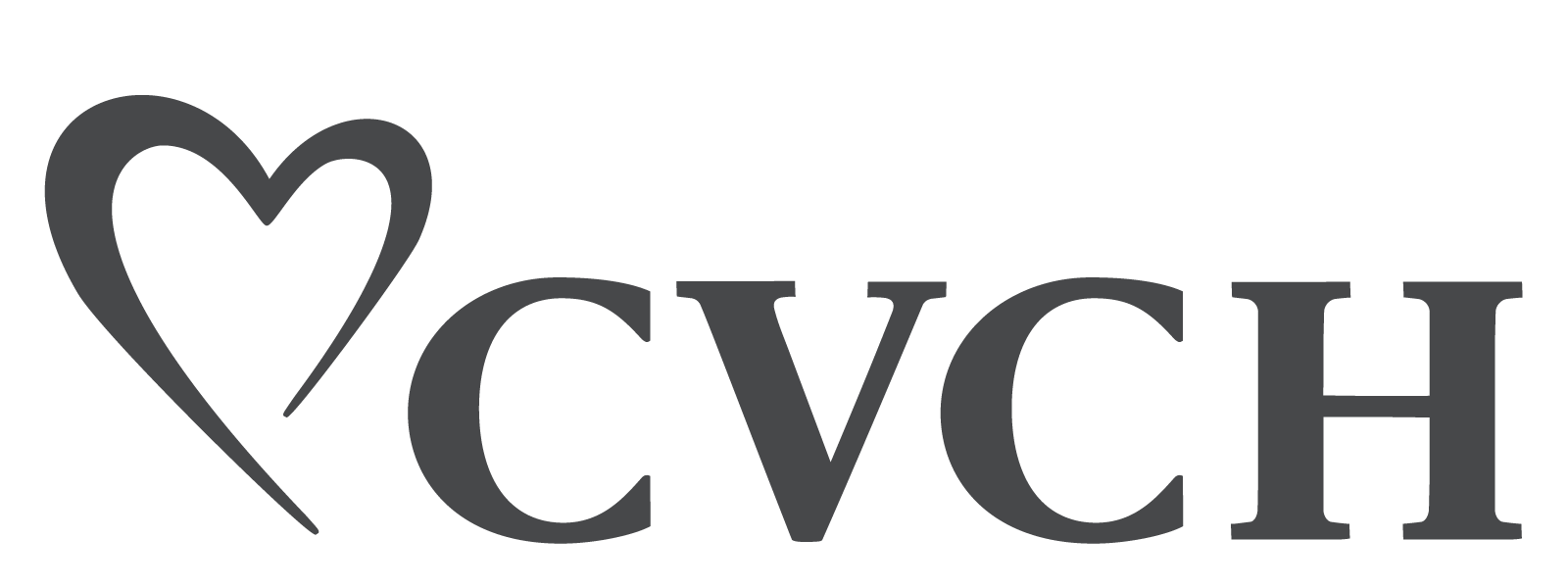INTERN AND STAFF DIVERSITY, PROGRAM PHILOSOPHY AND GOALS, AND TRAINING OPPORTUNITIES
Intern and Staff Diversity
Consistent with the mission of our sponsoring institution- “Partnering to achieve optimal health and wellness with compassion and respect for all,” Columbia Valley Community (CVCH) Doctoral Internship in Health Service Psychology upholds a strong commitment to maintain a diverse body of interns and fellows, our clinical training faculty, and staff. Our training site welcomes students and staff from diverse personal and cultural backgrounds, and we strive to provide a safe and welcoming environment for all. We celebrate personal and cultural diversity in all its aspects as one important avenue in which people contribute to the richness of their environments, and ultimately our nation and the world. We believe that a diverse body of students, training clinical faculty, and staff greatly supports our own growth and flourishing as individuals, professionals, and members of our organization and community.
Program Philosophy and Goals
Our program’s overarching goal is to teach and mentor our trainees into culturally-sensitive future psychologists, who engage in all professional activities by practicing cultural competence but also cultural humility as a life-long learning goal. While the more traditional development of cultural competence typically involves increasing cultural awareness, knowledge, and skills (Sue, 2001), cultural humility goes further and has been defined is the “ability to maintain an interpersonal stance that is other-oriented (or open to the other) in relation to aspects of cultural identity that are most important to the [person]” (Hook, Davis, Owen, Worthington, & Utsey, 2013, p. 354). Cultural humility involves both intrapersonal and interpersonal aspects (David, Worthington, & Hook, 2010), and our program emphasizes both. The former focuses on active self-reflection and self-critique, while the latter involves a humble willingness to remain open as one strives to understand the cultural backgrounds and identities of others (Watkins & Hook, 2016). Finally, cultural humility also includes a call to action that asks us to engage in advocacy and other efforts that address and work to correct relational, societal, and other systemic power imbalances (Tervalon & Murray-Garcia, 1998). The program itself embraces diversity education and training as a continual growth process for us, one that’s evolving and dynamic in nature, rather than an end-point or a specific time-limited goal.
Training Opportunities
As a training site, we are especially committed to serving the underserved populations, and we seek future interns who are not only diverse, but also who are interested in training and clinical work with marginalized, rural populations, who often face multiple health disparities and other barriers. We actively work to create opportunities for trainees to explore their own intersecting identities in relation to themselves and others. We strive to infuse diversity, including issues of marginalized populations, in all aspects of our trainings that seek to help interns develop increasingly more sophisticated knowledge, skills, and attitudes from the larger conceptual frameworks and cultural competency and cultural humility, among other theoretical frameworks. Although some training activities are specifically dedicated to individual and cultural diversity, it is our belief that issues of diversity should be proactively and routinely included in all professional activities. This includes direct clinical work with our patients, and all training activities, including formal and informal supervision, case consultations, formal didactic trainings, including our monthly Diversity Seminar, research and its application to clinical practice, professional and ethical functioning of the intern, and in daily interactions between the interns and their patients, peers, supervisors, other providers, colleagues, and staff. We welcome interns and staff, who are interested in partnering with us as active learners and contributors, and who also directly influence the program’s growth and change with their own personal and cultural diversity, and all feedback that’s offered to the program on behalf of our diversity education and training.
References
Davis, D. E., Worthington, E. L., Jr., & Hook, J. N. (2010). Humility: Review of measurement strategies and
conceptualization as a personality judgment. Journal of Positive Psychology, 5, 243-252.
Hook, J. N., Davis, D. E., Owen, J., Worthington Jr., E. L., & Utsey, S. O. (2013). Cultural humility:
Measuring openness to culturally diverse clients. Journal of Counseling Psychology, 60(3), 353-366.
Sue, D.W. (2001). Multidimensional facets of cultural competence. The Counseling Psychologist, 29,
790-821.
Tervalon, M., & Murray-Garcia, J. (1998). Cultural humility versus cultural competence: A critical
distinction in defining physical training outcomes in multicultural education. Journal of Health Care for the Poor and Underserved, 9, 117-125.
Watkins, C.E., & Hook, J. (2016). On a culturally humble psychoanalytic supervision perspective: Creating
the cultural third. Psychoanalytic Psychology, 33(3), 487-517.

